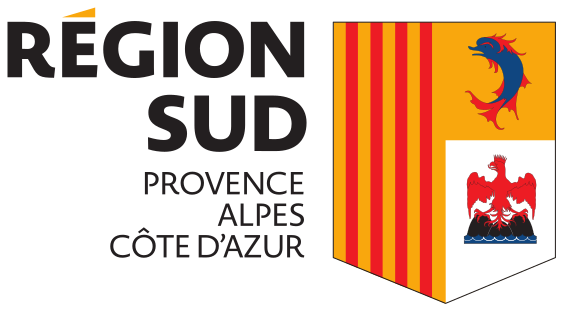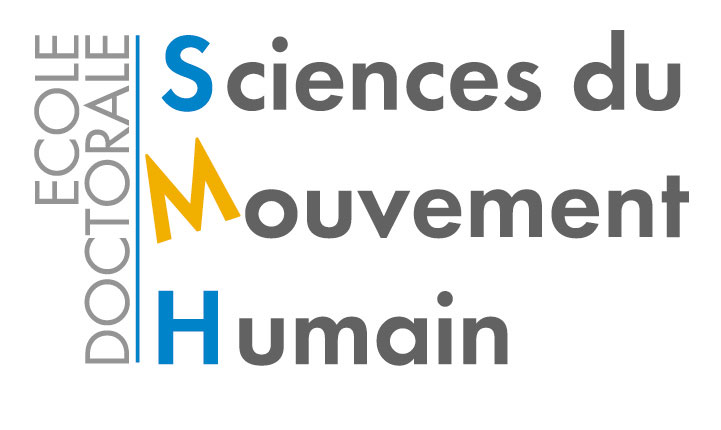[PhD thesis] “Young Doctoral Employment Scheme (EJD) South Region 2024-2027 (M/F) in materials, microelectronics, and nanotechnologies”
Article published on 28 March 2024

Application before 30 April 2024
The Région Sud, France, offers a funding scheme for PhD student candidates, giving them access to a three-year job to complete their thesis, with the potential of being taken on by the partner company.
SCIENTIFIC BACKGROUND TO THE PROJECT AZUR
Architecture in Zinc oxide combining UltRaviolet and sky polarization detection
The AZUR project aims to provide autonomous mobile robots with a third redundancy for detecting their heading, the other two being GPS and magnetic compass. The AZUR project is inspired by the navigation system of navigating insects, which is based on little-known localization strategies. This AZUR optical compass will be based on heading information obtained by observing polarized light from the sky. The celestial heading will be detected by exploiting polarized ultraviolet radiation from the sky, as insects do. The aim of the AZUR project will be to combine the know-how acquired by Aix Marseille University’s ISM (Institut des Sciences du Mouvement – Etienne-Jules Marey, UMR7287) and IM2NP (Institut Matériaux Microélectronique Nanosciences de Provence, UMR7334) institutes with the innovative manufacturing processes of SOLNIL. The latter is developing low-cost nanoimprinting processes using metal oxides. Zinc oxide (ZnO) will be exploited, not only for its sensitivity to ultraviolet light, but also for its abundance and the low carbon impact of its use in manufacturing processes. In order to make ZnO photodetectors sensitive to polarization, an anisotropic structure in the form of parallel nanowires with a periodic pattern will first be simulated, optimized and then fabricated in order to characterize its sensitivity to ultraviolet radiation in the 350-380 nm range under outdoor conditions.
MAIN OBJECTIVE OF THE THESIS PROJECT
The main objective will be to design and manufacture an anisotropic architecture based on metal oxides such as zinc oxide (ZnO) that are sensitive to UV radiation on a single substrate. This will enable us to meet our need for optical heading detection in polarized UV radiation, but also to meet the climate requirements of the Région Sud by exploiting an abundant resource (ZnO) and producing locally in medium series.
WORKING ENVIRONMENT
The PhD student will work in the SOLNIL company 2 to 3 days a week to develop skills in computer-aided design and simulation techniques and manufacturing processes using nanoimprinting of metal oxides. Located in the Luminy Biotech business incubator, SOLNIL is 750 meters from ISM, so the PhD student can walk from SOLNIL to ISM in less than a quarter of an hour. IM2NP has an optical bench for characterizing photodetectors sensitive to polarized light. This bench, built jointly by ISM and IM2NP, is used to illuminate a photoreceptor with a wave of a wavelength chosen from near-UVA to visible light, the angle of polarization and degree of polarization of which can be adjusted independently. IM2NP’s LUMEN-PV team is located at the Château Gombert technology park, 16 km from ISM (35 minutes by car or 1h20 by public transport between the Luminy and Château Gombert campuses). The hired PhD student can therefore work on one of the two campuses during the day, depending on their research needs.
SKILLS AND QUALITIES REQUIRED
- Engineering school or master’s degree in materials, microelectronics, or nanotechnologies;
- Solid knowledge of optics, instrumentation, electromagnetism and multiphysics simulation;
- Good level of English (e.g. TOEIC > 830);
- A taste for experimentation and popularizing science to a variety of audiences;
- Ability to show initiative, autonomy, curiosity, and rigor.
TERMS AND CONDITIONS
- Provisional dates: from 1st October 2024 (or last quarter of 2024) to 30 September 2027.
- Location: Institut des Sciences du Mouvement – Etienne-Jules Marey, Bio-Inspired Systems Team, 163 Avenue de Luminy, 13009 Marseille, FRANCE. In the heart of the Calanques National Park.
- Average salary over 3 years: €1813 net/month (€2255 gross/month);
- Public transport season ticket paid for 50% by the employer;
- The university restaurant offers meals at €3.30.
APPLICATION CONTACTS
- SOLNIL: Badre Kerzabi, badre.kerzabi@solnil.com
- ISM UMR 7287: Julien Serres, julien.serres@univ-amu.fr
- IM2NP UMR 7334 : David Duché, david.duche@univ-amu.fr





